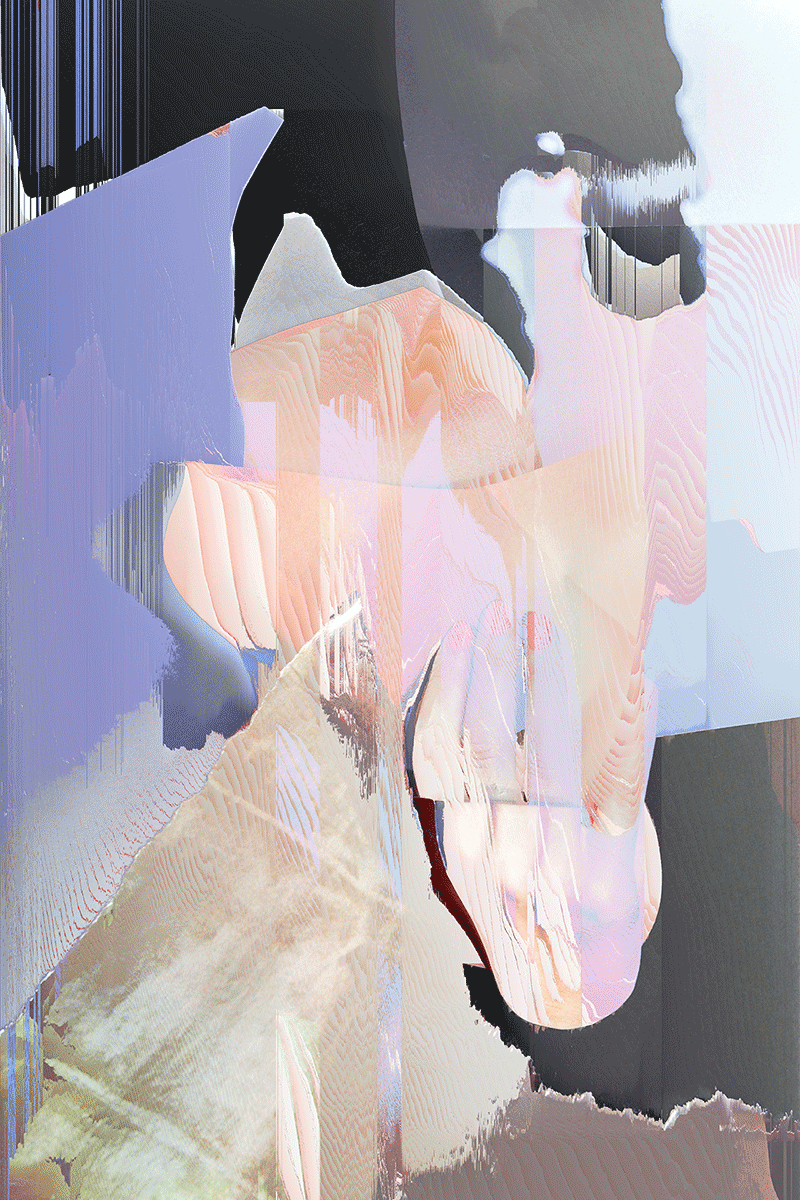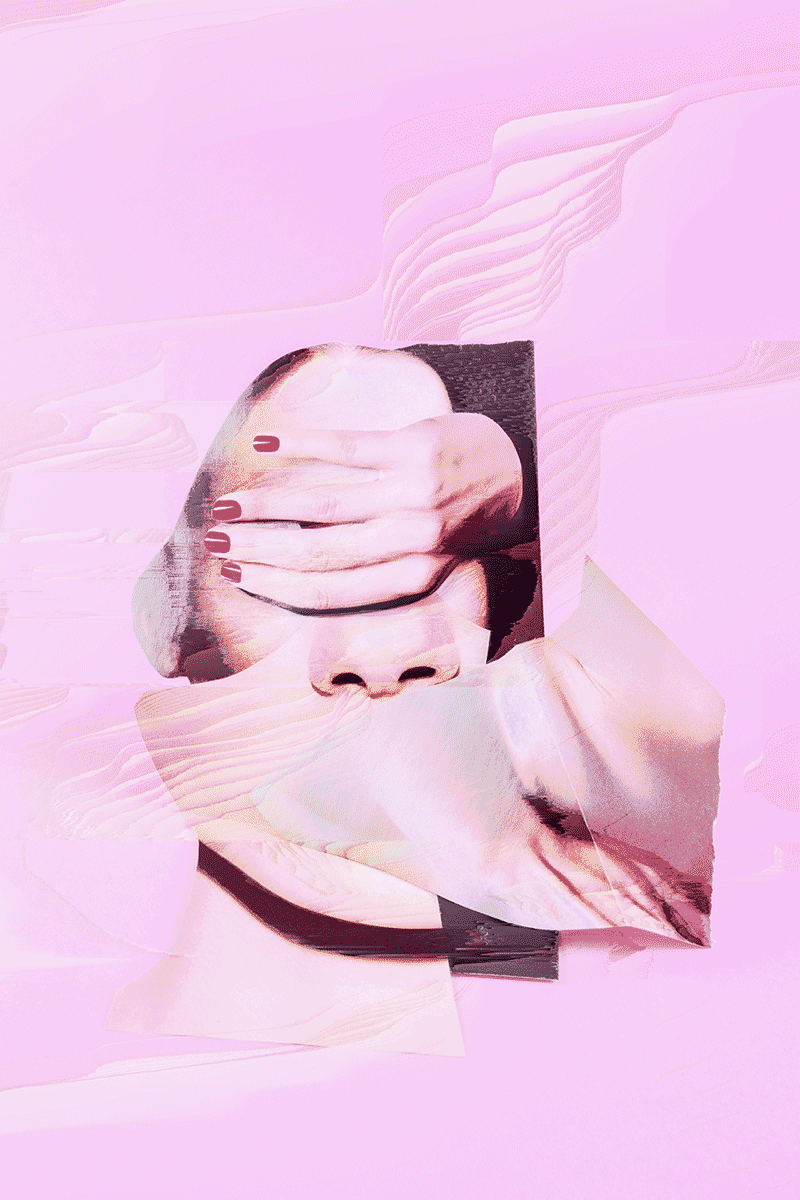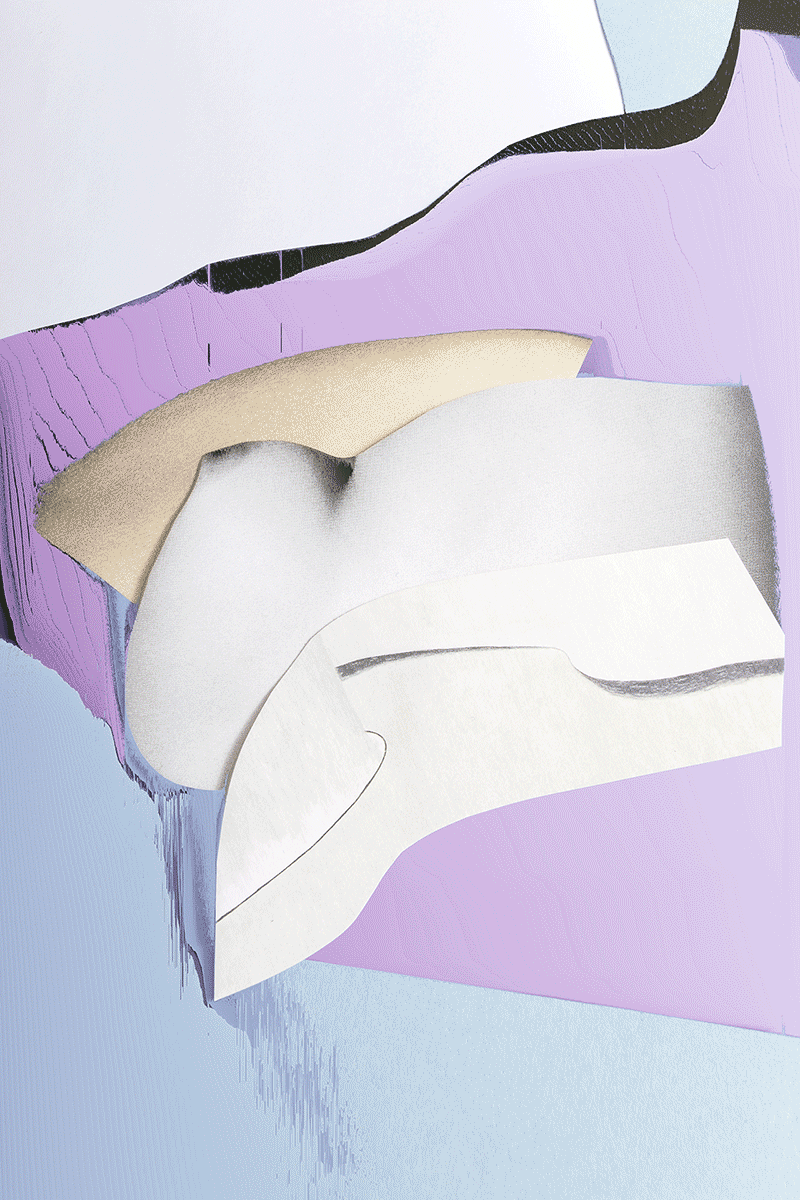From issue: #18 Science Fiction
Polish artists Ewa and Jacek Doroszenko met on a residency programme in Italy and have been married for over ten years. Both originally trained as painters, but now make work across the spectrum of contemporary media together and individually. They are inspired by a common interest in contemporary technological reality. Their most recent project, Bodyfulness, combines photographs and gif-files made by Ewa and an album of musical compositions by Jacek and considers the potentials and paradoxes of digital intimacy. Photography+ caught up with them to find out more.
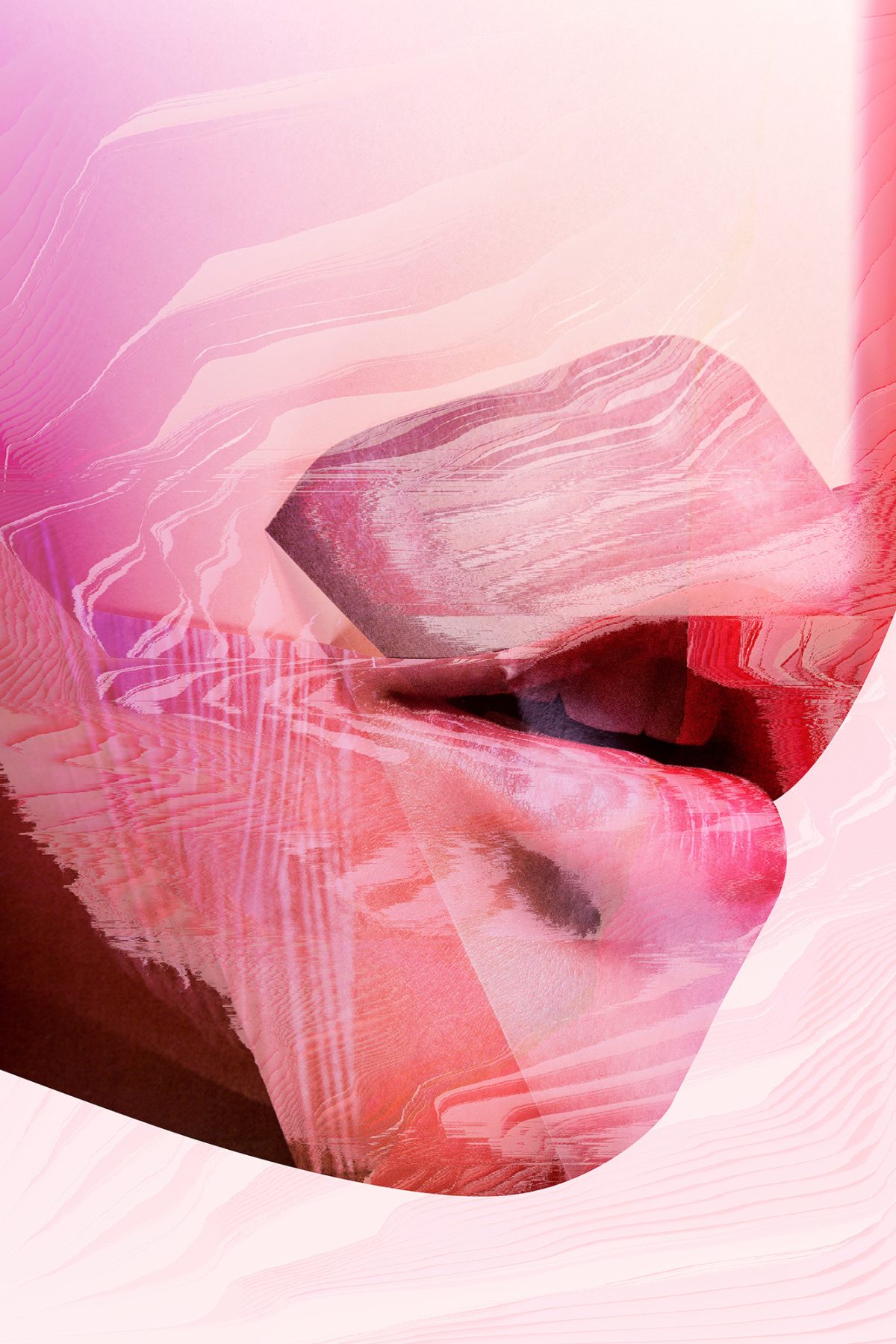
Photography+: What are the main themes of Bodyfulness?
Ewa Doroszenko: With this project, we address intimacy and closeness in today’s technology-dominated reality. We try to capture the coexistence of physical and virtual life, talk about the private experience of the body online and offline, and show a subjective audio-visual study of how contemporary technology and culture modify our intimate relationships.
P+: How did you create the images?
ED: The photographs represent scenes from our everyday and digital lives. I used photography as a starting point then used digital tools, juxtaposing images of the body into harmonious compositions, creating traditional and digital collages, and manipulating the photographic prints. I tried to leave visible traces of digital processing, partly revealing my working methods.
The sound part of the project is a set of pieces composed by Jacek, which was released in summer 2022 as a full album by the British label Audiobulb. The soundtracks are based on recordings of daily beauty and relaxation rituals, evening conversations, encounters, and close-ups, including virtual ones – full of digital blurs, distortions, and imperfections.
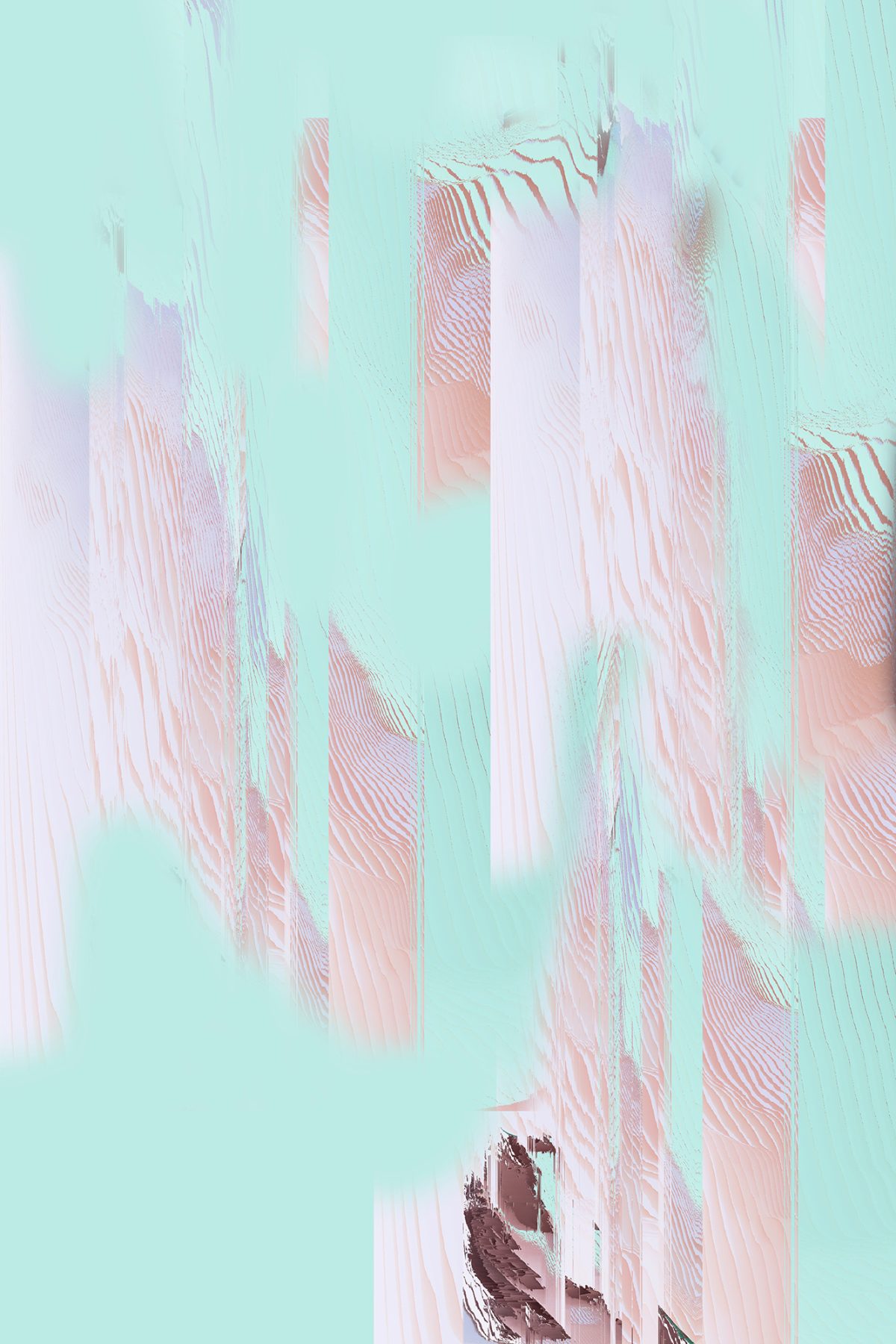
P+: I love the gifs. Why did you want to create them?
ED: Gifs are also images, I treat them equally to other forms of contemporary photography. I think of photography in terms of technology, as a medium that influences the way we perceive reality, but first and foremost I think of it in terms of images. I grew up in a family of photographers surrounded by photography and even then, before the digital revolution, I was amazed by the sheer number of images. That led me to believe that photography could be almost anything.
P+: I was interested in a phrase you use to talk about your project: ‘the post-corporeal body’. What does it mean?
Jacek Doroszenko: Astonishing changes are taking place in culture and science, which mean we need a new definition of the term ‘body’. Human corporeality and cognitive capacities are being expanded through technology and science, including nanotechnology, biotechnology, cognitive science, artificial intelligence, and augmented and virtual reality. Intellectual processes, memory, and sensory experience are no longer exclusively embodied areas, they have been diffused into networks of human-technology interaction.
P+: You have also said that there is no longer a division between the virtual and the real, that we now live in a hybrid space. Could you explain more?
JD: Contemporary Western culture can be described by the term ‘cyberculture’ because the division between virtual and real is less and less valid. Living in a cyberculture forces people to constantly change their identities – we experience this when we contribute to social media, play online games, and post digitally edited photos of ourselves. In addition, new technologies such as genetics, nanotechnology, and bioengineering are breaking down the previous limitations of the body. These issues are addressed by one of the contemporary directions in philosophy and culture, ‘transhumanism’. From the transhumanist point of view, humans are a flexible organism whose civilisational development has allowed them to enter a phase of self-evolution for the first time.
EW: Technology is an inseparable part of everyday modern life and – whether we want it to or not – influences our work, leisure, and private relationships. The pandemic and a digital transformation are having a huge impact, so there is also a great change in culture and art. Reality is increasingly challenged by the virtual worlds and technologies are developing fast, and I think artistic productions are also becoming more engaging and intermedial. New tools allow us even more artistic freedom, offering entirely new possibilities for creation.
P+: Did you make Bodyfulness at home?
JD: Most of the work was created in our flat and studio in Warsaw, the spaces where we feel most safe. But many of the motifs come from our virtual activity, when one of us was away and we were in touch thanks to technology. This virtual space gave us a substitute for the real space of the home, and even the illusion of closeness. As artists, we travel frequently and, using artist residencies, often change where we live. We have concluded that we always take our ‘mental atelier’ with us.
P+: Is science fiction an interesting lens through which to look at your work?
JD: It seems to us that artists have always been involved in predicting the future, intuiting the direction of science and technology and showing the impact of these achievements on individuals and societies. We cannot leave all knowledge in the hands of a small group of initiated scientists, politicians, and businesspeople. All members of society should participate in the debate about our future, because it concerns us all. Contemporary artists can help to actively inform, by critically diagnosing culture and entering into dialogue with scientists. Our creations are our voice in the debate on contemporary and future variants of existence, so our work can certainly be considered science fiction.
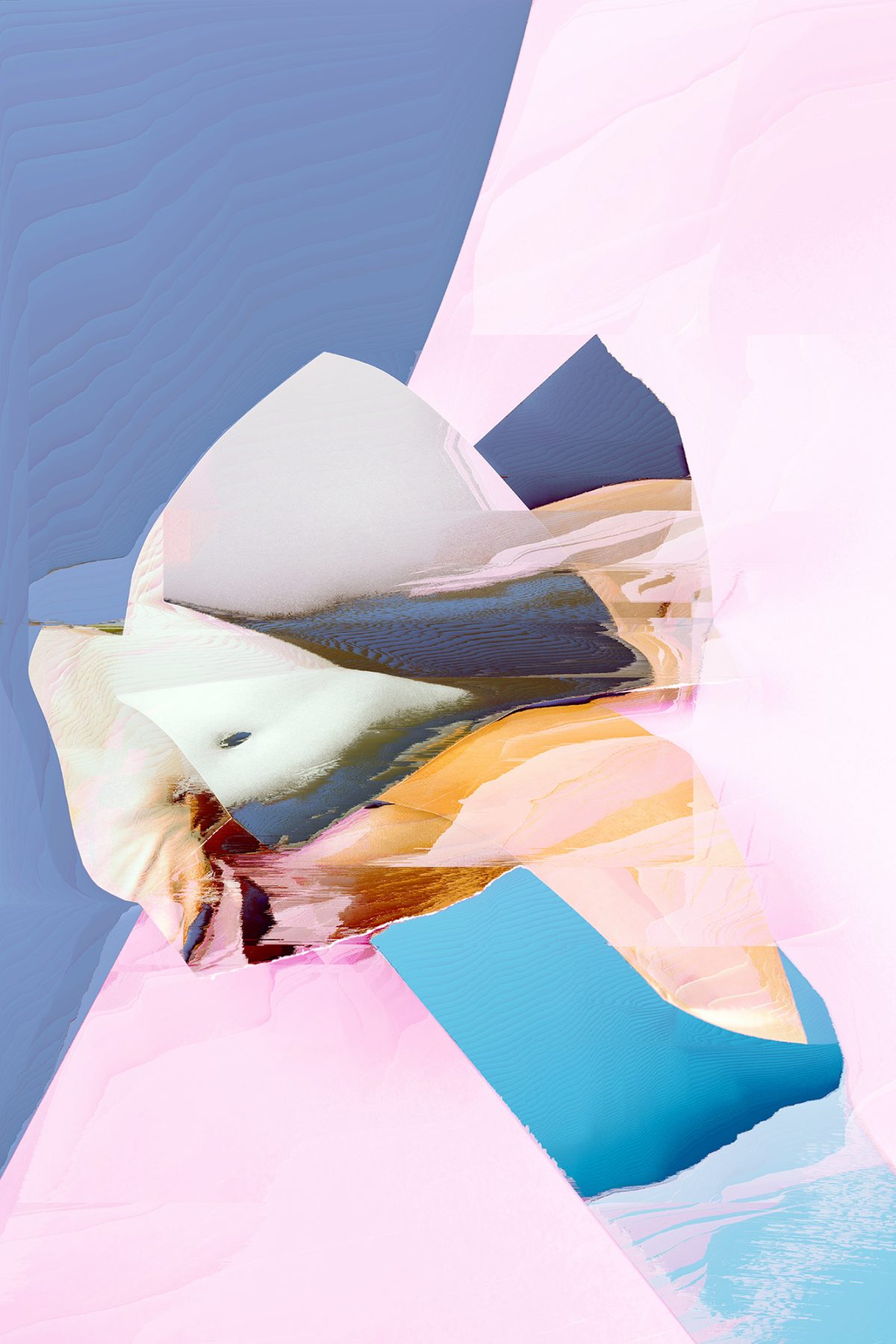
P+: Is there a link between home and identity? Does the penetration of the digital into the intimate reduce national differences, for example?
ED: Our project is about our private relationship, but there may be something in our story that other couples also experience. The unexpanded real world often loses its appeal for technicised young people, because it offers far less stimulation of the senses than virtual worlds. This breeds indifference to sensory input from what is more natural or mundane. Real interactions can become less attractive than those created digitally, in which the body is separated from its surroundings yet connected to advanced technology.
JD: In my opinion the digital revolution negatively affects our sense of identity, because it detaches us from our roots and embeds us in a very attractive and rich online reality to which we are not adapted. The brain has an incredible capacity to handle many diverse processes in parallel but we are unable to focus on multiple things at the same time. Jumping between tasks, including switching between the physical and virtual realms, is less efficient than paying attention to a single activity.
We do not yet know for sure how the stream of information affects our behaviour, but it may be that digitalisation affects us more deeply than we think. On the other hand, the fact that our habits are now changing, and we get the impression that technology is having an impact on our memory and attention, doesn’t mean that the connections in our brain structures are changing in some dangerous way.
P+: Does it matter if external forces influence our intimate behaviour?
JD: We are embedded in certain cultures so, beyond our purely biological conditions, our actions are determined by environmental influences. Our bodies are just a part of the vast fabric. People now accept a certain level of accessibility to their intimate sphere, the boundary of access is shifting. We think of our project as a small rite of passage preparing us for a biotechnological, trans-humanist journey towards total virtuality.
